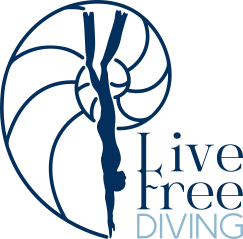Ichetucknee Springs
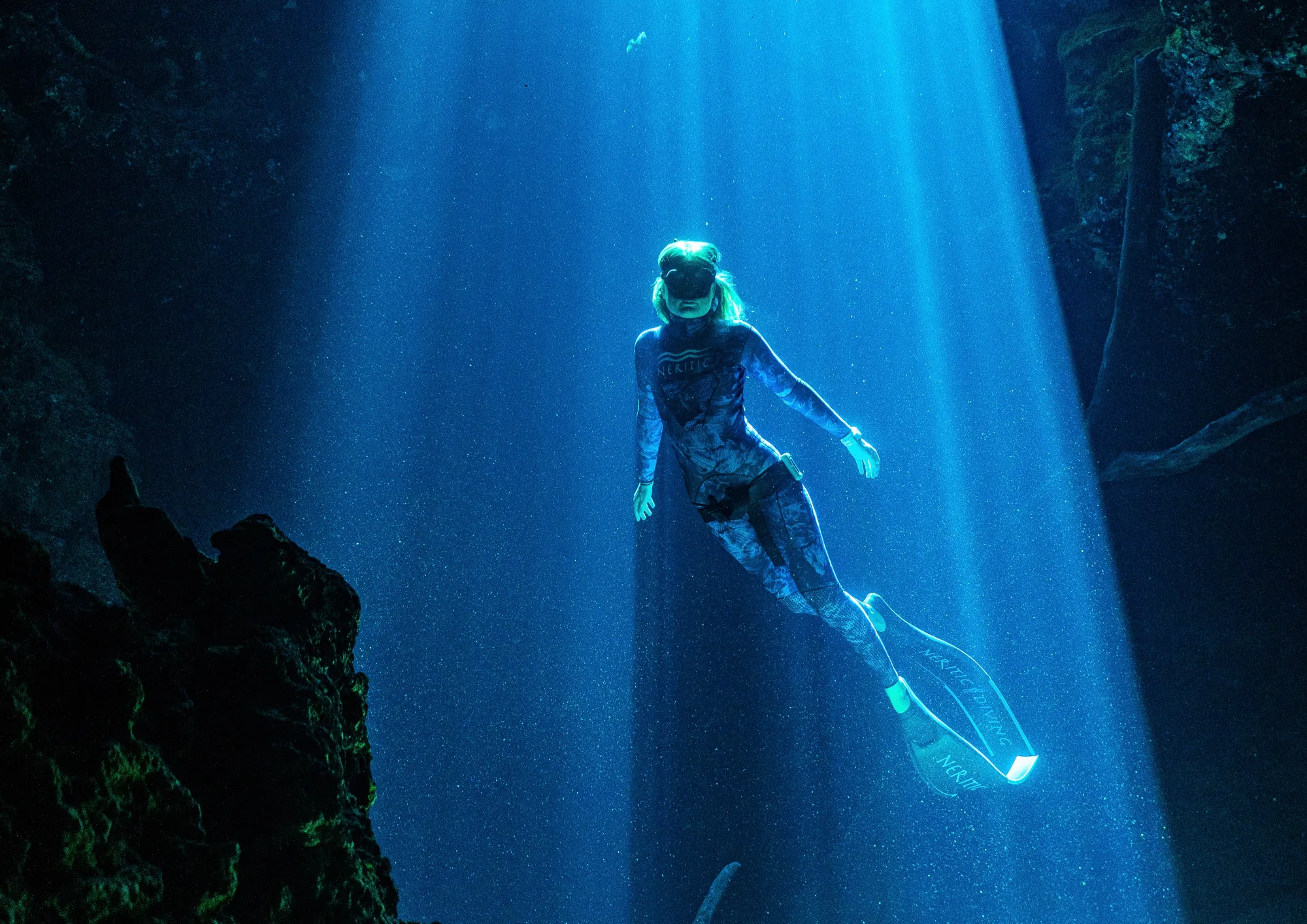
Ichetucknee Springs
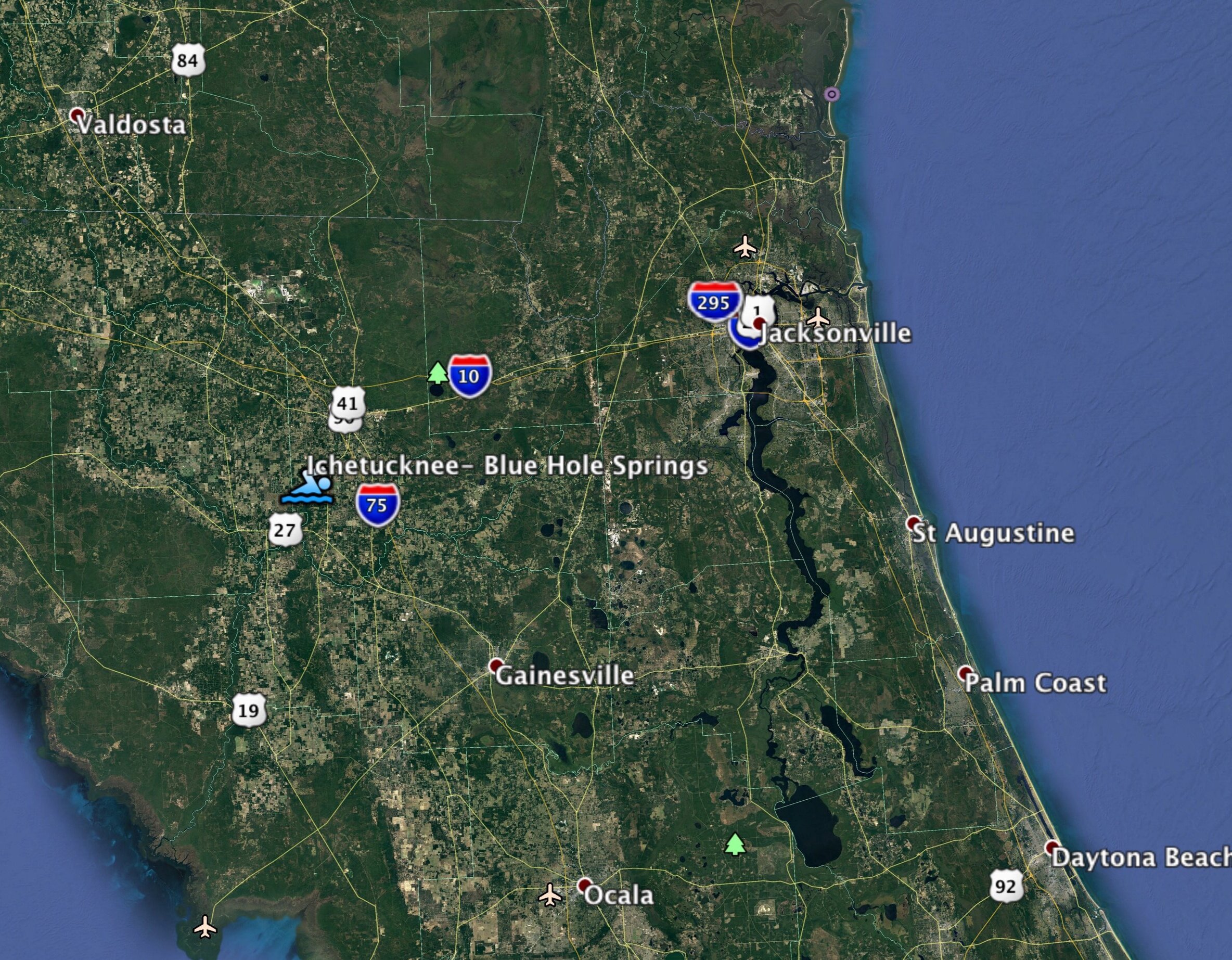
Florida is famous for its dazzling springs—and Blue Hole Spring at Ichetucknee Springs State Park is one of the most talked-about. Located in North Florida near Fort White, this spot draws water lovers from all over the state. Whether you’re into freediving, snorkeling, swimming, or just soaking in nature, Blue Hole has a mystique that’s hard to ignore.
But as crowds grow and conditions shift, we have to ask: is this spring still a must-visit?
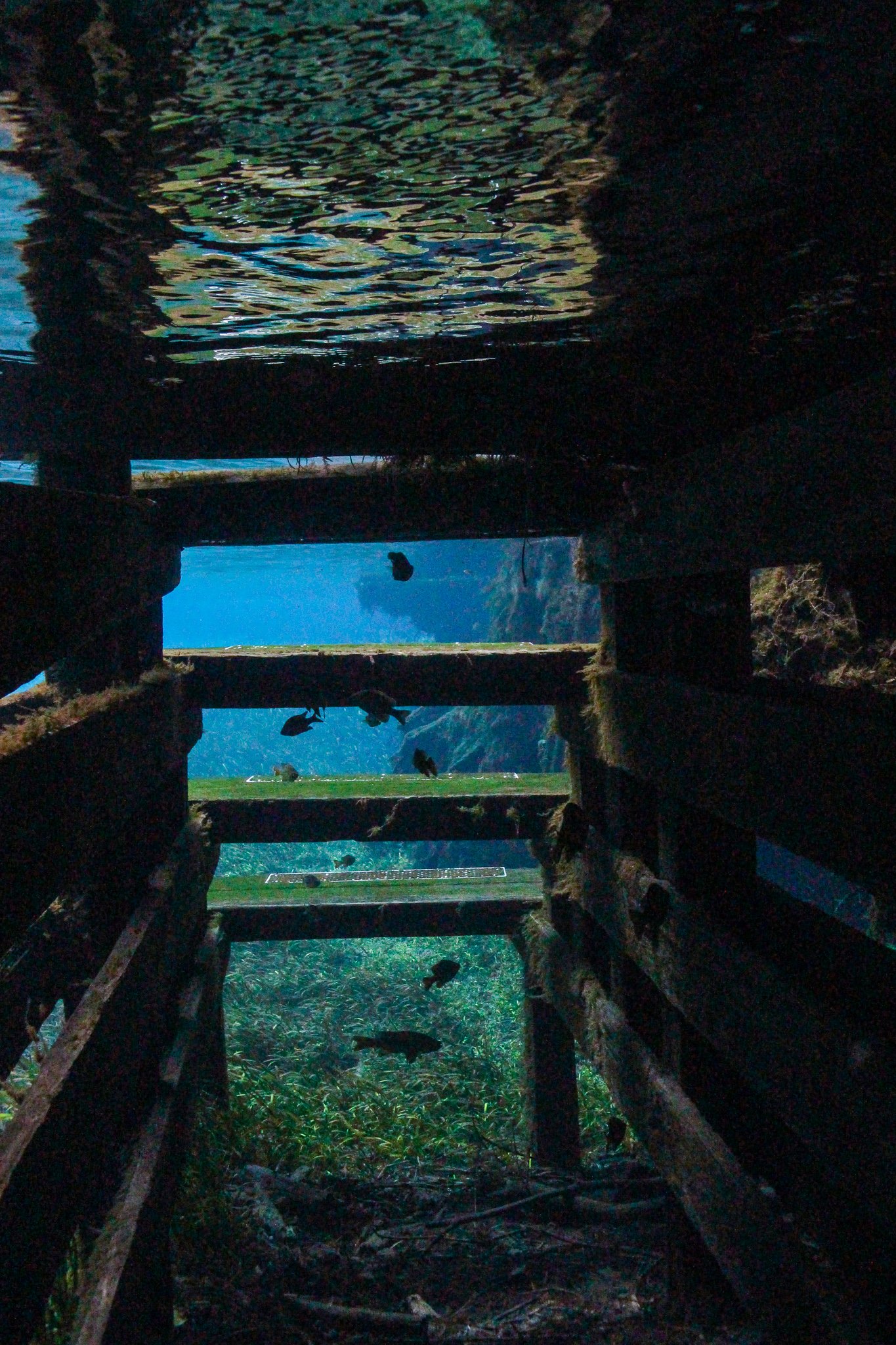
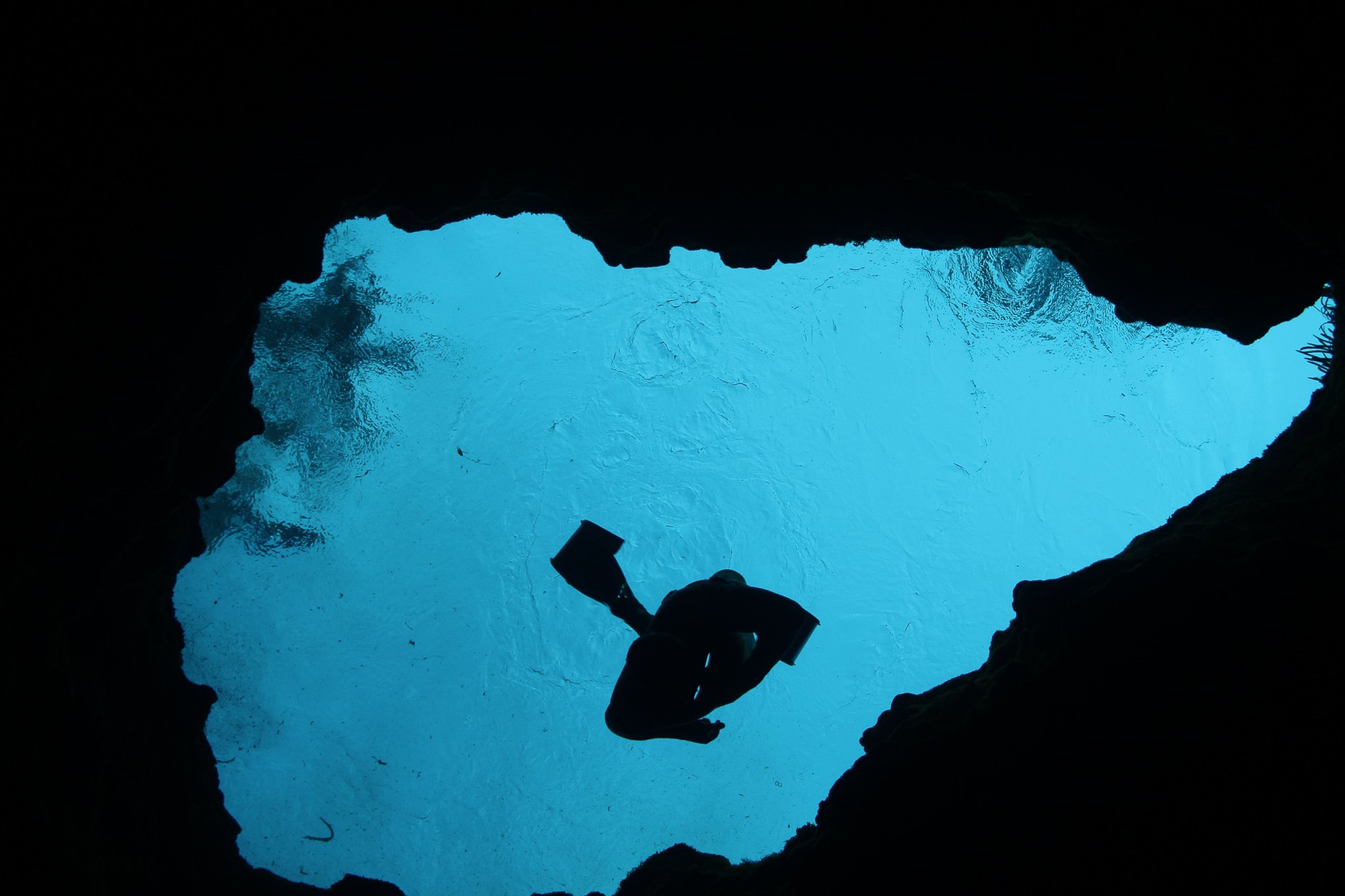
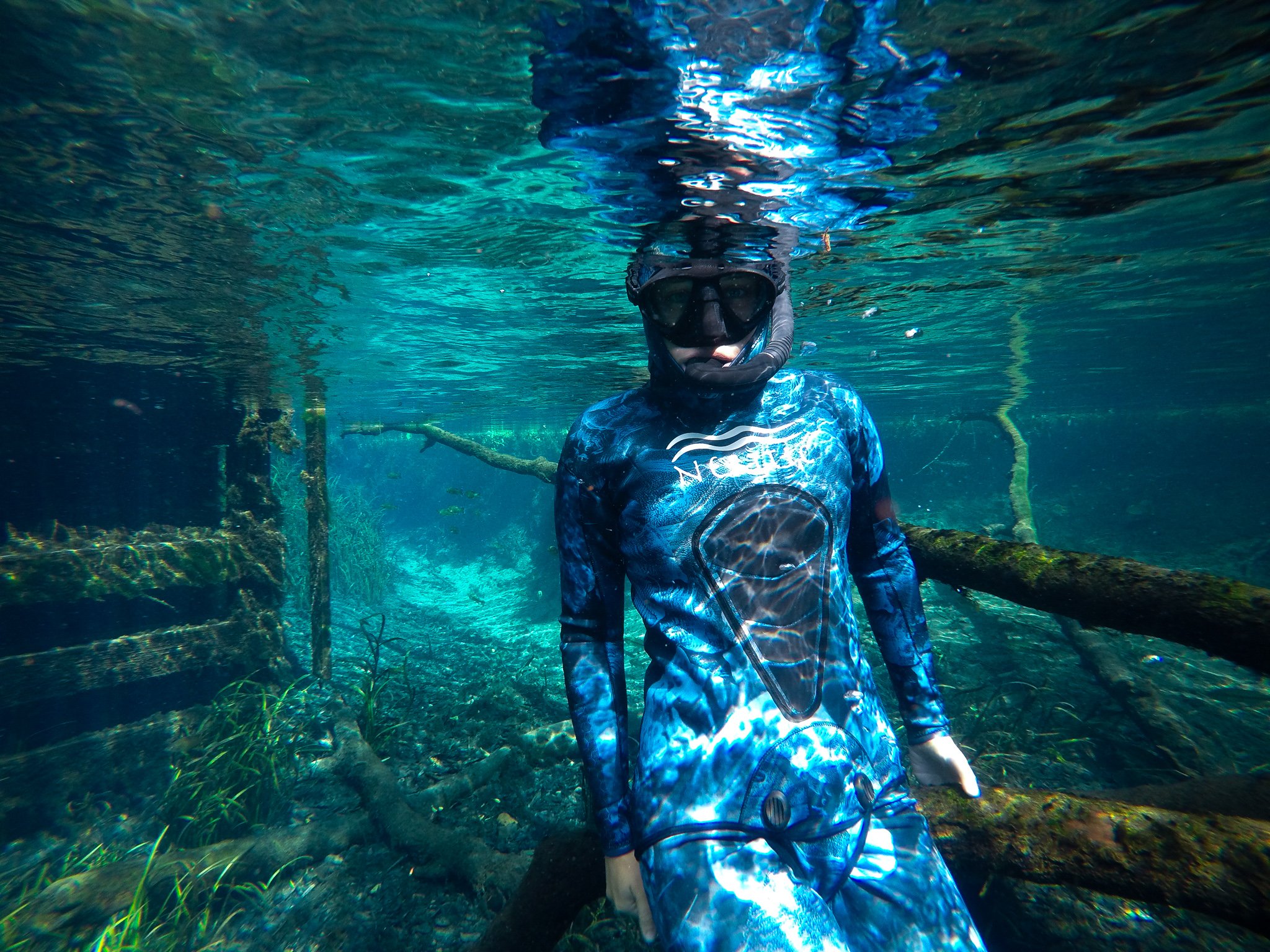

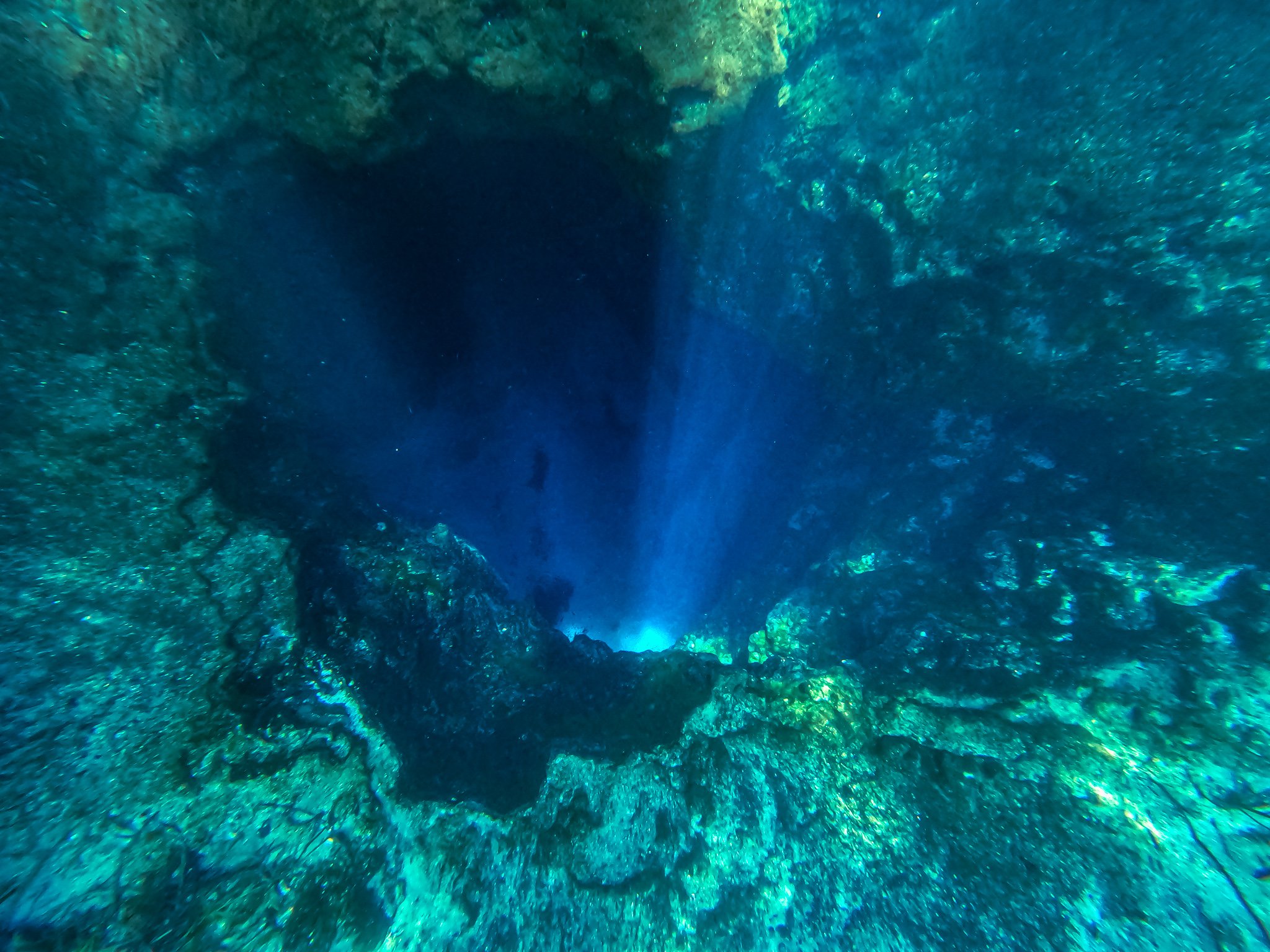
If you’re a certified freediver, Blue Hole can be a fun place to test your technique—but come prepared. The current makes equalization and relaxation more difficult, and you’ll need strong finning to make it past the outflow. Due to its limited depth and the high volume of recreational swimmers, it’s not ideal for structured training.
Still, it’s worth visiting at least once. There’s something magical about the way the light dances through that limestone fissure.

Want to Explore More Florida Waters?
If you’re looking for other amazing places to train, snorkel, or just reconnect with nature, we’ve got you covered. Some of these are freshwater springs, others are reef-lined coastlines or boat-access-only gems—but all are worth exploring.

See What Else Florida Has to Offer
Want a taste of Florida’s hidden spring systems? Check out this freedive video from a secret spring location—not Ichetucknee, but equally mesmerizing.
Ready to Dive In?
If you’re curious about learning the art of breath-hold diving in Florida’s clearest waters, we offer PADI Freediver courses year-round. Join us to explore new sites, improve your technique, and connect with other water lovers who care about conservation and adventure.
📍 Book your course now
📸 Follow along on Instagram for daily updates and trip inspiration
